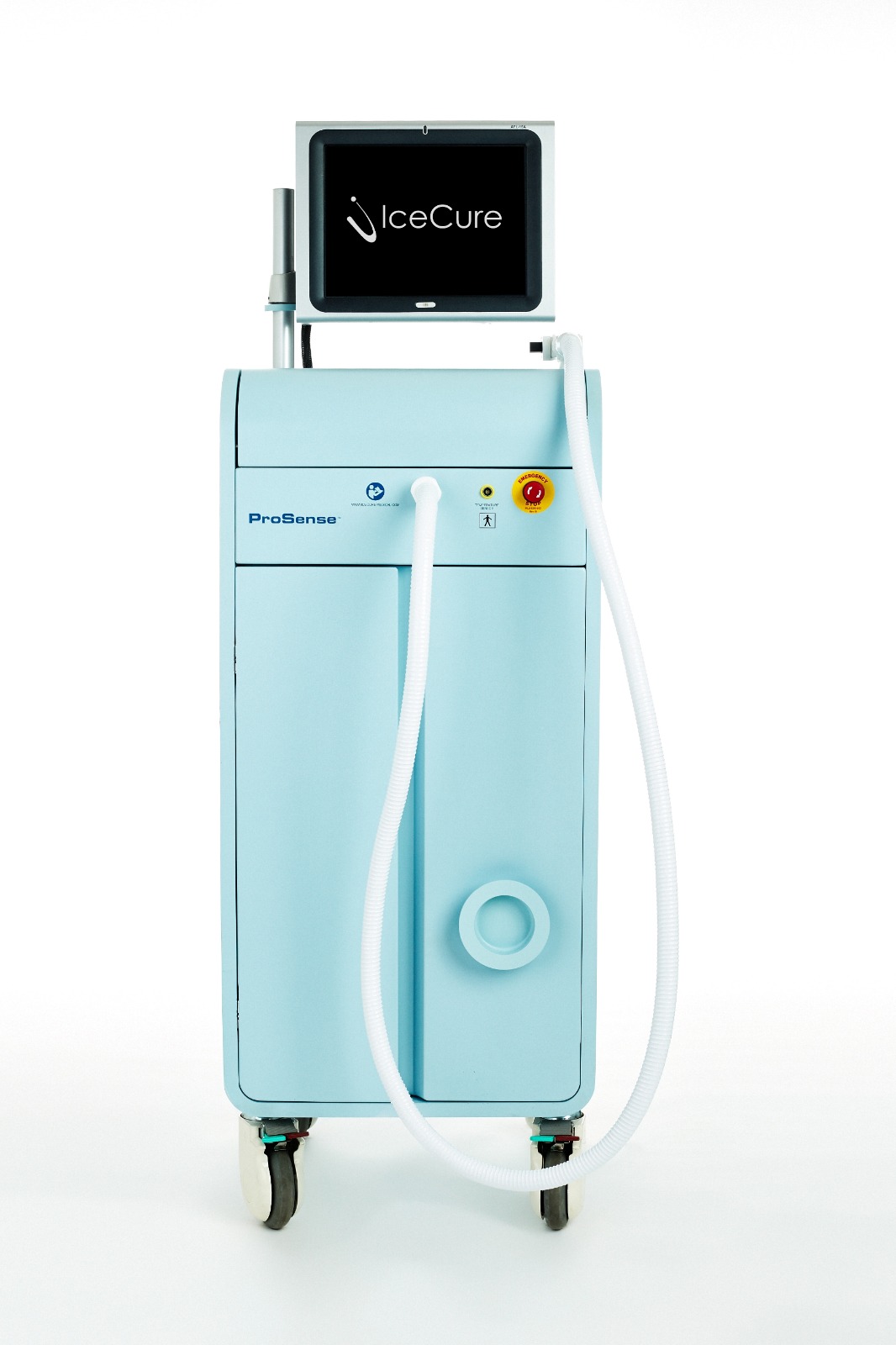NON-SURGICAL, NEXT GENERATION CRYOABLATION TECHNOLOGY- A BOON FOR CANCER PATIENTS
Cancer patients in India can now heave a sigh of relief, thanks to the availability of the cryoablation technology in the country. Cryoablation is a minimally invasive image guided (ultrasound or CT scan) treatment, that

Cancer patients in India can now heave a sigh of relief, thanks to the availability of the cryoablation technology in the country. Cryoablation is a minimally invasive image guided (ultrasound or CT scan) treatment, that uses extreme cold to freeze and accurately destroy diseased tissue within the tumor zone. This technology is the brainchild of an Israeli company, IceCure Medical. Its flagship product, ProSense freezes tumours quickly and with minimal pain. It uses liquid nitrogen (LN2) for maximum freezing, safety, and efficacy. Novo Med Incorporation Pvt Ltd is the authorized distributor of IceCure Medical in India.
During cryoablation, a thin, needle-like probe called a cryoprobe is inserted into the target area. The cryoprobe uses liquid nitrogen as a coolant, which rapidly cools the surrounding tissue. As the tissue freezes, ice crystals form, causing cellular damage and destruction. The extreme cold temperatures essentially freeze and kill the abnormal cells.
Cryoablation has several advantages over other treatment methods. It is considered a minimally invasive procedure, meaning it requires only a small incision or needle puncture, resulting in fewer traumas to the body and faster recovery times compared to open surgery. It can be performed under local anaesthesia, eliminating the need for general anaesthesia in many cases. Additionally, cryoablation is relatively precise, allowing for targeted treatment of the abnormal tissue while preserving surrounding healthy tissue.Hospital stay is not required in most cases.
The specific application of cryoablation depends on the condition being treated. It is commonly used in the treatment of benign and malignant tumours of various kinds including breast cancer, kidney cancer, liver cancer, lung cancer, bone, soft tissue, and other types of tumours.
Dr Indu sekhar Subbanna, Interventional Radiologist and Senior Consultant, HCG Hospital, Bengaluru, observed, “Cryoablation is extremely useful in pain management and very easy to handle and operate. I recently did a patient for kidney cancer and we got very good results. I am very optimistic about the future of this therapy.”
Dr Rohit Madhurkar, Lead Consultant and Interventional Radiologist, Apollo Hospitals, Bengaluru, opined, “We all are aware, minimally invasive treatment is the most opted method of healing various disease conditions in this modern healthcare system, with its obvious advantages of focused, least invasive treatment, quick recovery and many more. As Interventional Radiologists, we are able to enter into the body to the desired target location, just with a needle (Pinhole surgery) & kill the tumour cells, under meticulous real time image guidance without damaging vital structures around. Cryoablation is one power tool, wherein we are able to freeze the tumour cell to death with accuracy under detailed visibility of the ablation zone. Cryoablation has shown immense outcomes in renal tumours & fibroadenoma of breast with wider utility in treating various smaller tumours in liver, lung & bone. Now that, it’s available in India, our patients can have the benefit of Cryoablation
Dr M C Uthappa, Head- Interventional Radiology, Manipal Hospitals, Bengaluru, averred, “Having seen few live procedures of cryoablation during my last visit to China, I can confidently say that cryoablation will become the future of cancer therapy for a large number of solid cancers in the human body.”
The cryoablation therapy was also recently introduced at the Kovai Medical Centre in Coimbatore. Jay Mehta, Director – Sales, Novo Med In corporation Pvt Ltd, stated, “We are indeed very happy to facilitate the availability of this futuristic and revolutionary technology in India. The Indian populace should take maximum advantage of the same and freeze cancer in its tracks.”






